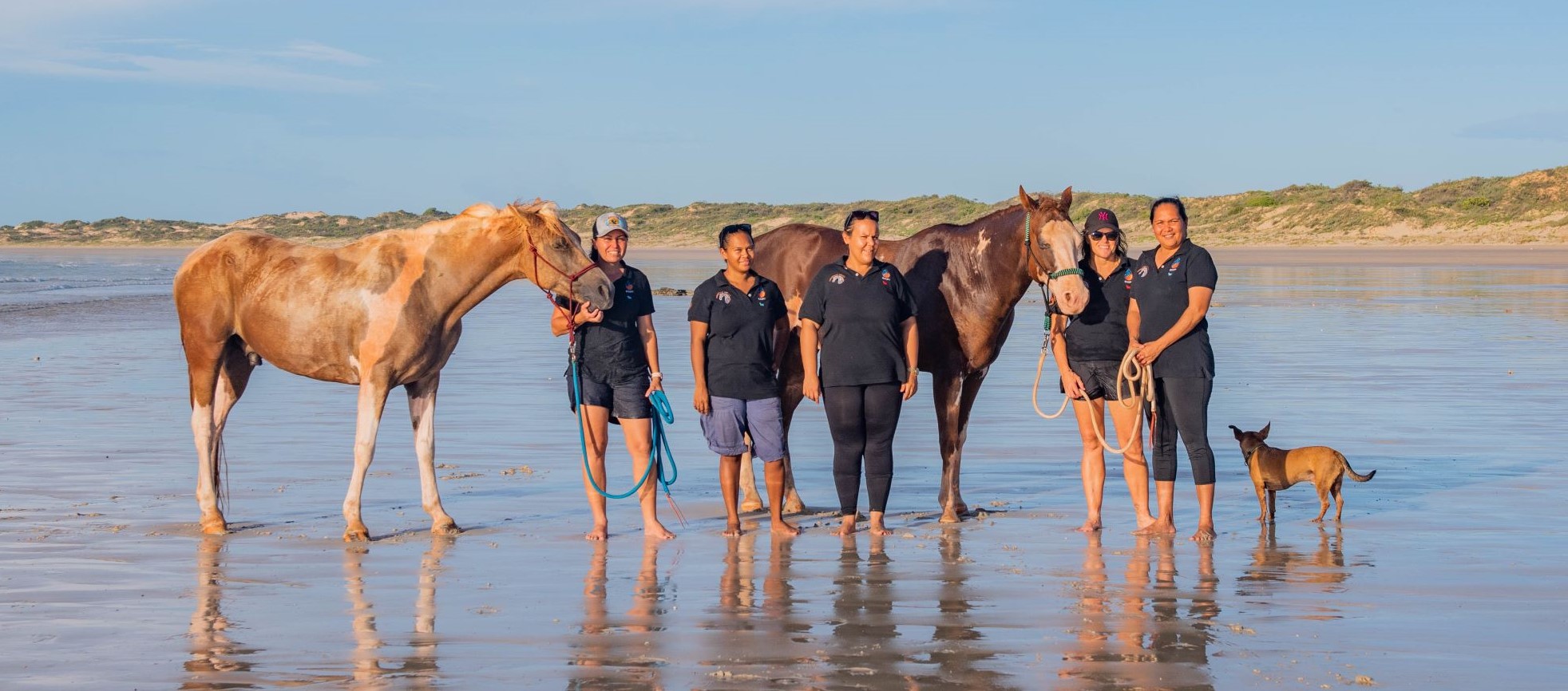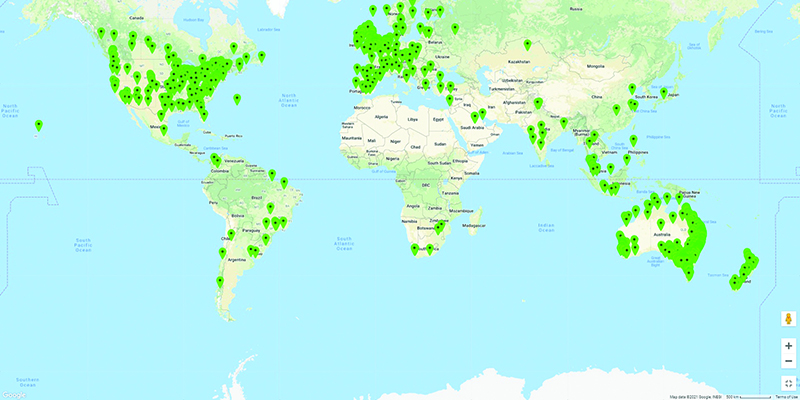Search
Research
How immunity shapes the long-term dynamics of influenza H3N2Since its emergence in 1968, influenza A H3N2 has caused yearly epidemics in temperate regions. While infection confers immunity against antigenically similar strains, new antigenically distinct strains that evade existing immunity regularly emerge ('antigenic drift'). Immunity at the individual level is complex, depending on an individual's lifetime infection history.
Research
ESM-Q: A consensus-based quality assessment tool for experience sampling method itemsThe experience sampling method (ESM) is increasingly used by researchers from various disciplines to answer novel questions about individuals’ daily lives. Measurement best practices have long been overlooked in ESM research, and recent reviews show that item quality is often not reported in ESM studies. The absence of information about item quality may be partly explained by the lack of consensus on how ESM item quality should be evaluated.
Research
Rural Exposure and Future Intent of Australian Dermatology TraineesCitation: Yap M, Weston S, McKinnon E, Sadler G. Rural Exposure and Future Intent of Australian Dermatology Trainees. Australas J Dermatol. 2025.
Research
AutismCharacterised by varying degrees of difficulties in communication skills and social abilities, one in every 100 individuals will have a diagnosis of an autism spectrum condition. While autism is known to run in families, the exact causes remain unknown.

The Yawardani Jan-ga Equine-Assisted Learning (EAL) research project, headed by Professor Juli Coffin in WA’s Kimberley region, is steadily growing its capacity to support the social, emotional and spiritual wellbeing of Aboriginal young people through the powerful medium of horses.
Research
Health behaviour change: Theories, progress, and recommendations for the next generation of physical activity researchAdaptive behaviour change is central to improving population health, yet poor adoption of health-enhancing behaviours contributes to noncommunicable diseases and so remains a global concern. Research on physical activity behaviour change has continued to expand and evolve since the turn of the millennium, guided by diverse theoretical approaches-from social cognitive theories, organismic dialectical approaches such as Self-Determination Theory, dual-process frameworks, and integrated practical models and taxonomies.
Research
Topical antibiotics for chronic suppurative otitis mediaChronic suppurative otitis media (CSOM), sometimes referred to as chronic otitis media, is a chronic inflammation and often polymicrobial infection (involving more than one micro-organism) of the middle ear and mastoid cavity, characterised by ear discharge (otorrhoea) through a perforated tympanic membrane. The predominant symptoms are ear discharge and hearing loss.
Research
What Do Food Business Owners and Managers Think About Enhancing the Nutritional Quality of Kids' Menus in Sit-Down Eating-Out-of-Home Venues?As the frequency of eating out-of-home among Australian families increases, concerns have arisen regarding the nutritional quality of Kids' Menus. This study investigated the views of food business owners and managers on Kids' Menus at sit-down venues, specifically factors influencing the choice of meals offered on Kids' Menus and potential initiatives for enhancing the nutritional quality of these menus.

Autism researchers at The Kids have led the most comprehensive review of the evidence for autism intervention ever compiled
Research
Parenting in the age of social media: The buffering effect of parental self-efficacy on the relationship between parental social media use and parent child-relationship qualityThe widespread use of technology in daily life has raised concerns about its potential to disrupt social relationships, particularly within one of the most important human relationships: the parent-child relationship. This study assesses whether parental social media use (measured by a novel parental social media intensity scale) affects the parent-child relationship (measured by the child-parent relationship scale - short form), and whether parental self-efficacy (PSE, measured by the parenting sense of competence scale) moderates this effect.
